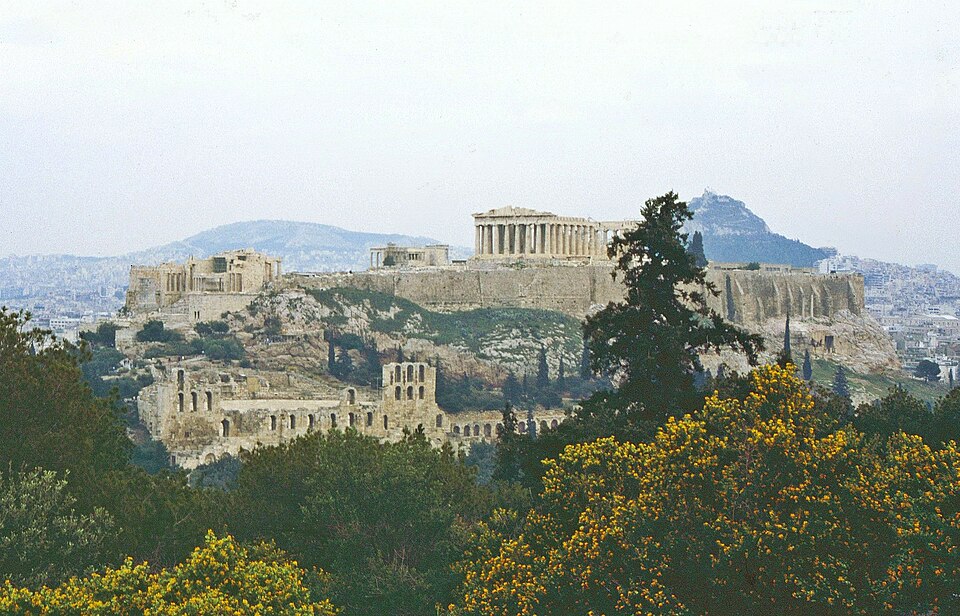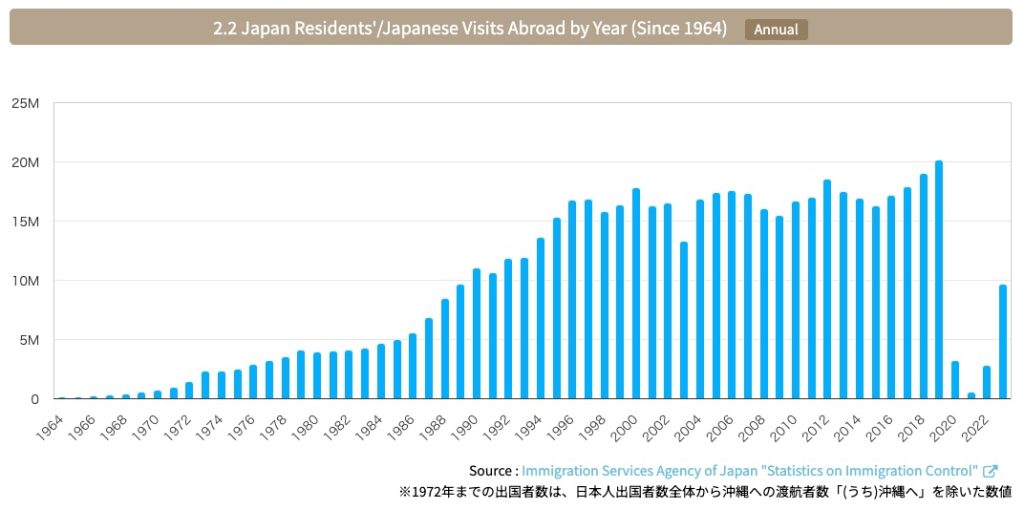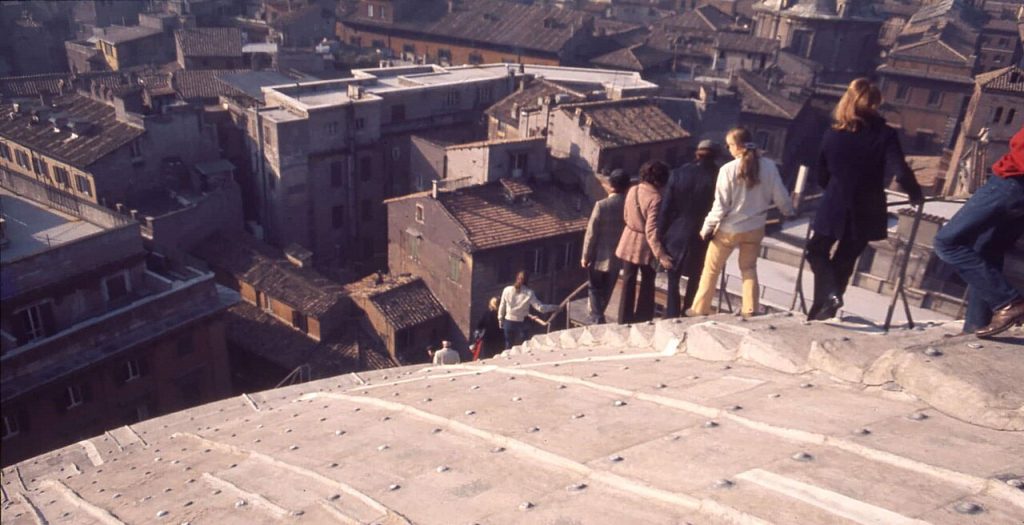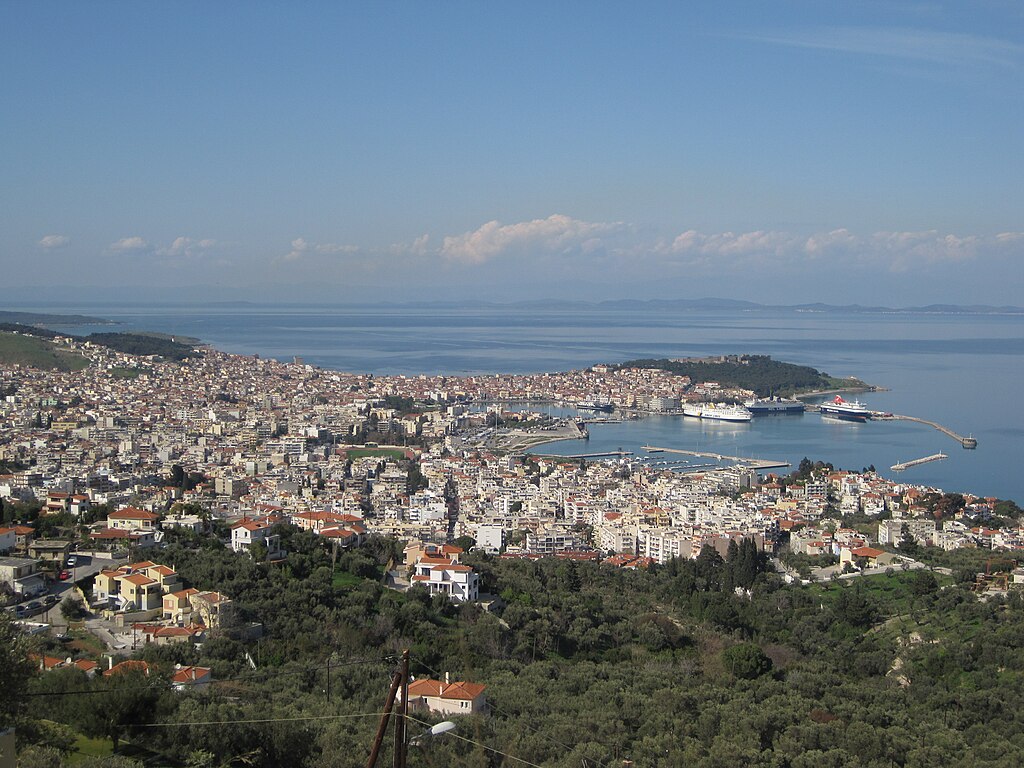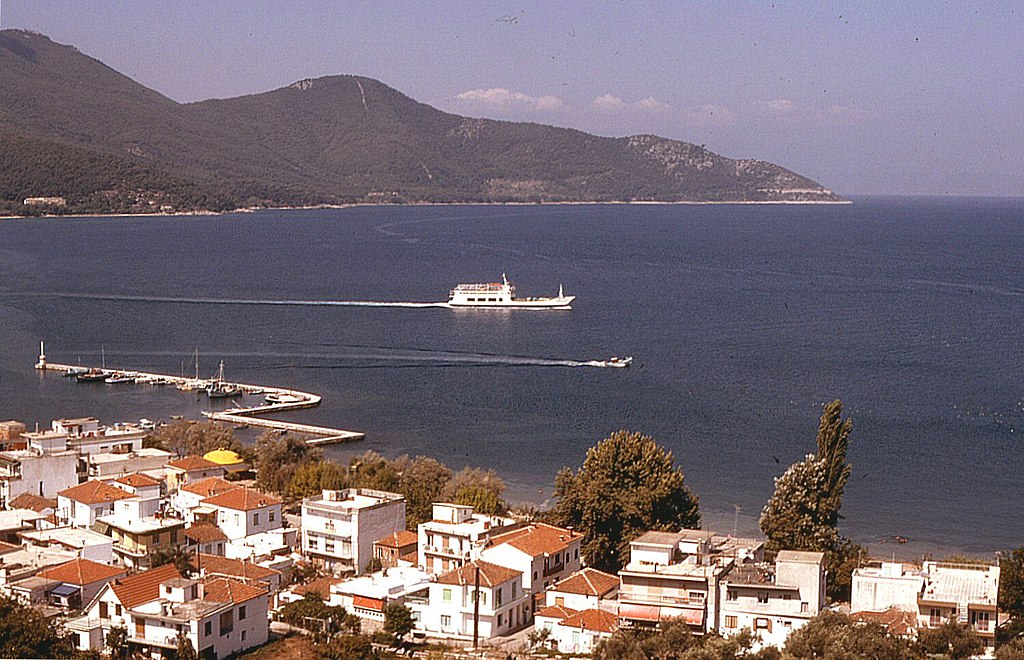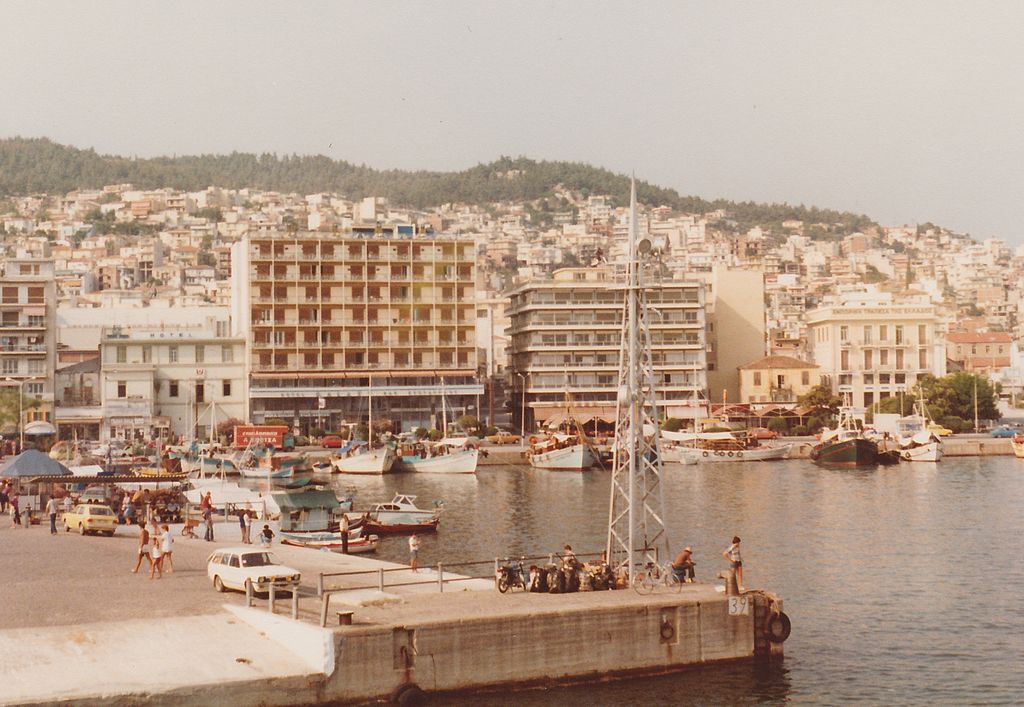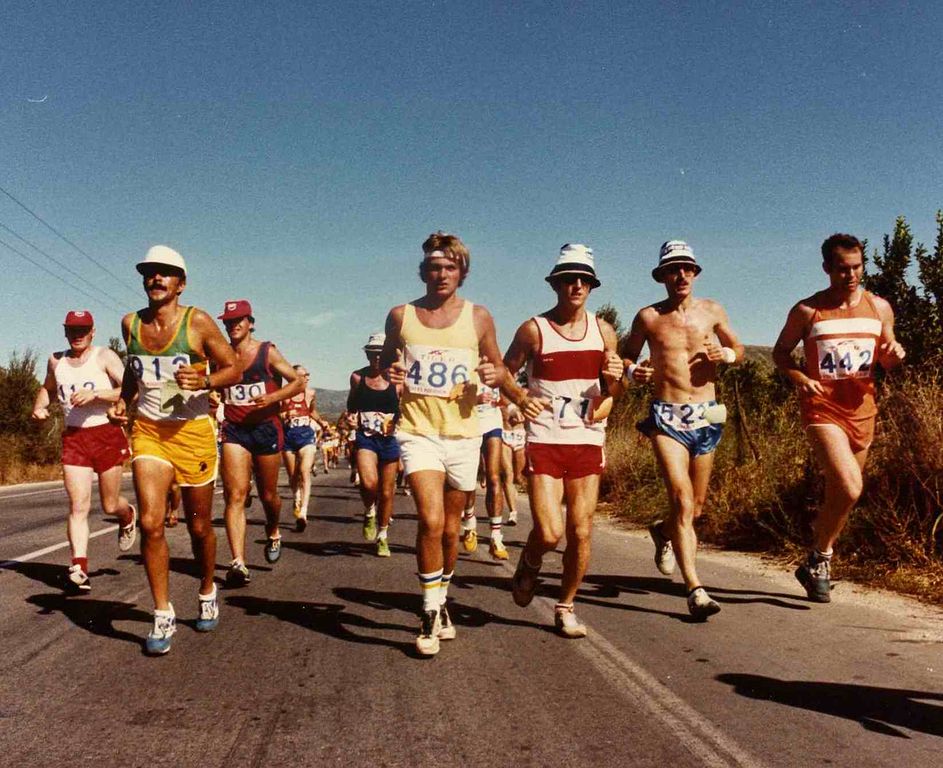Year 1: Boobs, The Wind, Baseball, Lederhosen, Eels, Monkeys, and Doves
Year 2: Hotel Lobby Oysters, Condoms, Spinning Around and Around, 街・町, The Town and Its Uncertain Wall, A Short Piece on the Elephant that Crushes Heineken Cans
Year 3: “The Town and Its Uncertain Wall” – Words and Weirs, The Library, Old Dreams, Saying Goodbye, Lastly
Year 4: More Drawers, Phone Calls, Metaphors, Eight-year-olds, dude, Ushikawa, Last Line
Year 5: Jurassic Sapporo, Gerry Mulligan, All Growns Up, Dance, Mountain Climbing
Year 6: Sex With Fat Women, Coffee With the Colonel, The Librarian, Old Man, Watermelons
Year 7: Warmth, Rebirth, Wasteland, Hard-ons, Seventeen, Embrace
Year 8: Pigeon, Edits, Magazines, Awkwardness, Back Issues
Year 9: Water, Snæfellsnes, Cannonball, Distant Drumming
Year 10: Vermonters, Wandering and Belonging, Peter Cat, Sushi Counter, Murakami Fucks First
Year 11: Embers, Escape, Window Seats, The End of the World
Year 12: Distant Drums, Exhaustion, Kiss, Lack of Pretense, Rotemburo
Year 13: Murakami Preparedness, Pacing Norwegian Wood, Character Studies and Murakami’s Financial Situation, Mental Retreat, Writing is Hard
Year 14: Prostitutes and Novelists, Villa Tre Colli and Norwegian Wood, Surge of Death, On the Road to Meta, Unbelievable
Year 15: Baseball on TV, Kindness, Murakami in the Asahi Shimbun – 日記から – 1982, The Mythology of 1981, Winning and Losing
Year 16: The Closet Massacre, Booze Bus, Old Shoes, Editing Norwegian Wood, Prophecy
Year 17: Athens Marathon 1987
Week 2 in Murakami Fest 2024. Murakami creates a pitch perfect Murakami mood in the chapter 雨のカヴァラ (Rainy Kavala).
He and his wife take a three hour bus ride from Thessaloniki and arrive at the harbor town Kavala, descending from the mountains into the town. Murakami is instantly at home: The town reminds him of Kobe with the harbor nearby and the mountains dropping down into the town. 海と山の間の距離は狭ければ狭いほどいい (The narrower the space between the water and the mountains the better), he notes.
He gives some historical background on the city, its role as the first place in Europe where St. Paul performed missionary work and as a sort of overrun middle point in conflicts between Europe and the Middle East. He arrives on October 18, the town’s independence day from Turkey after World War I.
He has a funny anecdote about eating breakfast at a Communist cafe (or at least one near a Communist headquarters) for the equivalent of 100 yen because the hotel breakfast was 500 yen.
They don’t really do much at all, which is kind of the point. Murakami has run his marathon both figuratively and literally. He finished the Athens Marathon, and he’s published Norwegian Wood. It’s time to take some time off. Yet he seems to be at a loose end, kind of itching for something to do.
Here are the final three paragraphs in the very short chapter:
We stayed in the port town for four days because I liked it quite a bit. For four days, we did almost nothing. We just kind of shuffled between the movie theater (We saw Brazil there, which was good), going on walks, admiring the view of the harbor from our hotel veranda, checking out the fish market, eating at the cheap, delicious psari taverna (seafood restaurant) near the market, and going on more walks. When it rained, we stocked up on wine and Papadopoulos biscuits at the neighborhood market and hunkered down in our room with a book.
It did rain a number of times. On rainy days, we would watch the rain from the taverna terrace and I’d get this…sense of exactly how far we’d come. I wonder why. All sounds were muffled, the overchilled bottle of white wine was sweating, and fishermen wearing yellow, rubber raincoats lined up to untangle a brightly colored fishing net. A black dog trotted around aimlessly like an attendant at a funeral. The waiter listlessly gazed at the newspaper. He was thin, with an odd beard that made him look like a magician. As I ate grilled mackerel, I sketched a man wearing a nylon windbreaker sitting two tables over. He was drinking a half liter of wine, eating squid, and tearing off pieces of bread which he stuffed into his mouth in an incredibly tedious manner. He kept doing it in that order. He would drink some wine, eat a piece of squid, and then stuff bread in his mouth. A cat stared up at him as he ate. I sketched this man for no reason in particular. We just literally had nothing to do on this rainy afternoon.
But it didn’t bother me. We had the harbor before us. The mountains behind us. Wine and biscuits awaiting us in the hotel room. And there was hardly anything about which I needed to concern myself. I’d run my marathon and gotten my airplane ticket refunded. I’d written my novel, and I still had a little time before the next one.
四日間我々はこの港町に滞在した。この町がけっこう気に入ったからだ。四日間、我々は殆どなにもしなかった。ただぼんやりとして、映画館に行き(『未来世紀ブラジル』もここで見た。面白かった)、散歩をし、ホテルのヴェランダに座って港を眺め、魚市場をのぞき、市場の近くの美味しくて安いプサリ・タヴェルナ(魚介レストラン)で食事をし、また散歩をした。雨が降ると近所のマーケットでワインとパパドプロス・クラッカーをたっぷりと買い込み、部屋に籠って本を読んだ。
時々雨が降った。雨の日に、タヴェルナのテラスで雨を眺めながら魚料理を食べていると、なんだか遠くまで来たんだなあ、という気がふとする。どうしてだろう?音がこもり、冷えすぎた白ワインの瓶が汗をかき、漁師たちは黄色いゴムの合羽を着込みみんなで一列に並んで鮮やかな色合いの漁綱のもつれをほぐしている。黒い犬が葬式の雑用糸みたいな格好で小走りにいずこへともなく走っていく。ウェイターは退屈そうにちらちらと新聞にめをやっている。痩せて、奇術師のような不思議な髭をはやしたウェイターだ。僕は鯵のグリルをを食べながら二つ向こうのテーブルに座ったナイロンのジャンパーを着たおじさんの姿をノートにスケッチしている。彼はすごくつまらなさそうにワインを半リットル飲み、イカを食べ、パンをちぎって口の中に詰め込む。それを順番通りにやる。ワインを飲み、イカを食べ、パンを口に詰め込む。猫が一匹それをじっと見上げている。僕はそのおじさんを特にいみもなくボールペンでスケッチしている。雨の午後に本当に何もやることがないのだ。
でも悪いきはしない。前には港がある。後ろには山がある。ホテルの部屋に帰れば、ワインとパパドプロスのクラッカーがある。そして僕には今のところ考えなくてはならないことが殆ど何もないのだ。マラソンは走り終えたし、航空券は払い戻してもらった。小説はもう書いてしまったし、次の小説までにはまだ少し間がある。 (291-292)
Ah, now that feels like a vacation. The man stuffing his face with bread and squid and wine feels like such a telling image. Like there’s no escape from want, from need, from desire. We must move forward with our infinite appetites. This isn’t high writing, but it’s Murakami at his strongest.
